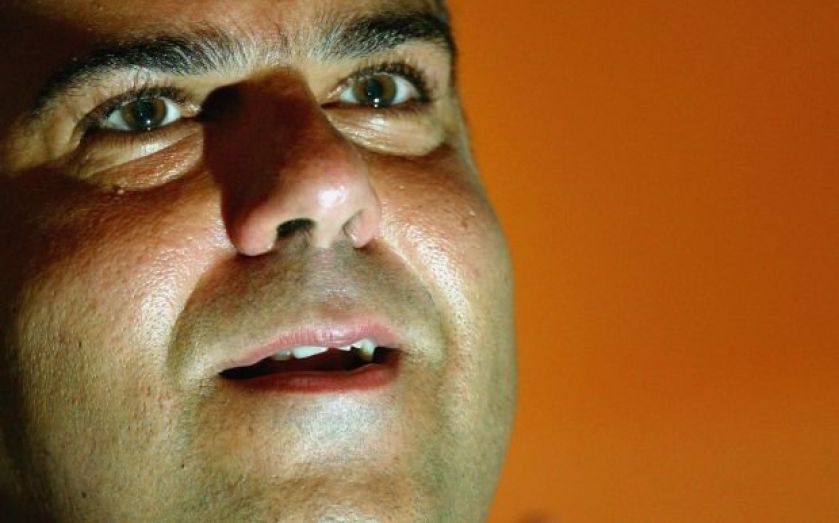Crowdfunding: Beware the celebrities offering investors strange deals

I am a great fan of crowdfunding – it really is a cheap way of using modern technology to enable investors, including very small ones, to invest in all manner of things. So what can go wrong?
Well, the regulators can stop it as effectively as they have made share offers to the public so infeasible that even Royal Mail could not be sold to its owners by public offer. The stopping process has started.
It seems very strange to me that you can lose your house at Ladbrokes in a few minutes, but you cannot buy £500 worth of shares in a company you like (no matter how well presented) without being a “sophisticated investor” or taking advice (how?), or certifying it is less than 10 per cent of your investible assets (a nebulous and transient calculation). It would mightily simplify matters and show a proper sense of proportion if the FCA took the view that individual investments under £5,000, say, were simply unregulated.
The regulator makes it clear that investing in early stage investments is very risky and they are right on that. However, while their risk focus means more unread risk statements, key investment risks are often not addressed at all.
So far, the debt crowdfunding world has been more orderly, with it simply being easier to understand the proposition and documents being more standardised.
But it transpires that investors in crowdfunding equities like stories and personalities. The crowdfunding platforms like them too, because it pulls in the investors. Celebrity types have spotted this demand and, as is normal in markets, are testing the limits of exploitation.
The hardly hard-up founder of Easy-Jet, Sir Stelios Haji-Iannou, (worth $2.5bn, according to Forbes) is going down the equity crowdfunding route to finance his latest venture – online real estate startup EasyProperty. Sir Stelios has offered 1.5 per cent ownership in the new company for a substantial £1m. The business is not trading, so he’s valuing it at £67m, which you must assume he thinks is a great deal for him as he clearly does not need the money.
Recently Crowdcube, the largest UK equity crowdfunding platform in terms of investor numbers, which started trading over three years ago, had raised £3.8m from Balderton Capital as part of a £5m funding round at a pre-money valuation of £14.5m. The remaining £1.2m of shares were offered for sale on their own platform and sold out within two hours! This was despite these being non-voting shares with no pre-emption rights, and the Balderton investment being in preference shares with better economic rights.
Crowdfunding seems very exciting when you invest, but investors should take time to notice that they lack the ability to stop managers milking the company, or risk being diluted by strange deals with their tiny stakes being powerless and sometimes voteless. All entirely legal, of course, but so far there has been very little effort put into developing sensible corporate governance for such companies – although there are people working on it. Venture capitalists worked out the protections you need years ago – crowdfunders typically get none of these. Crowdfunding investors deserve a fair deal. Caveat investor.